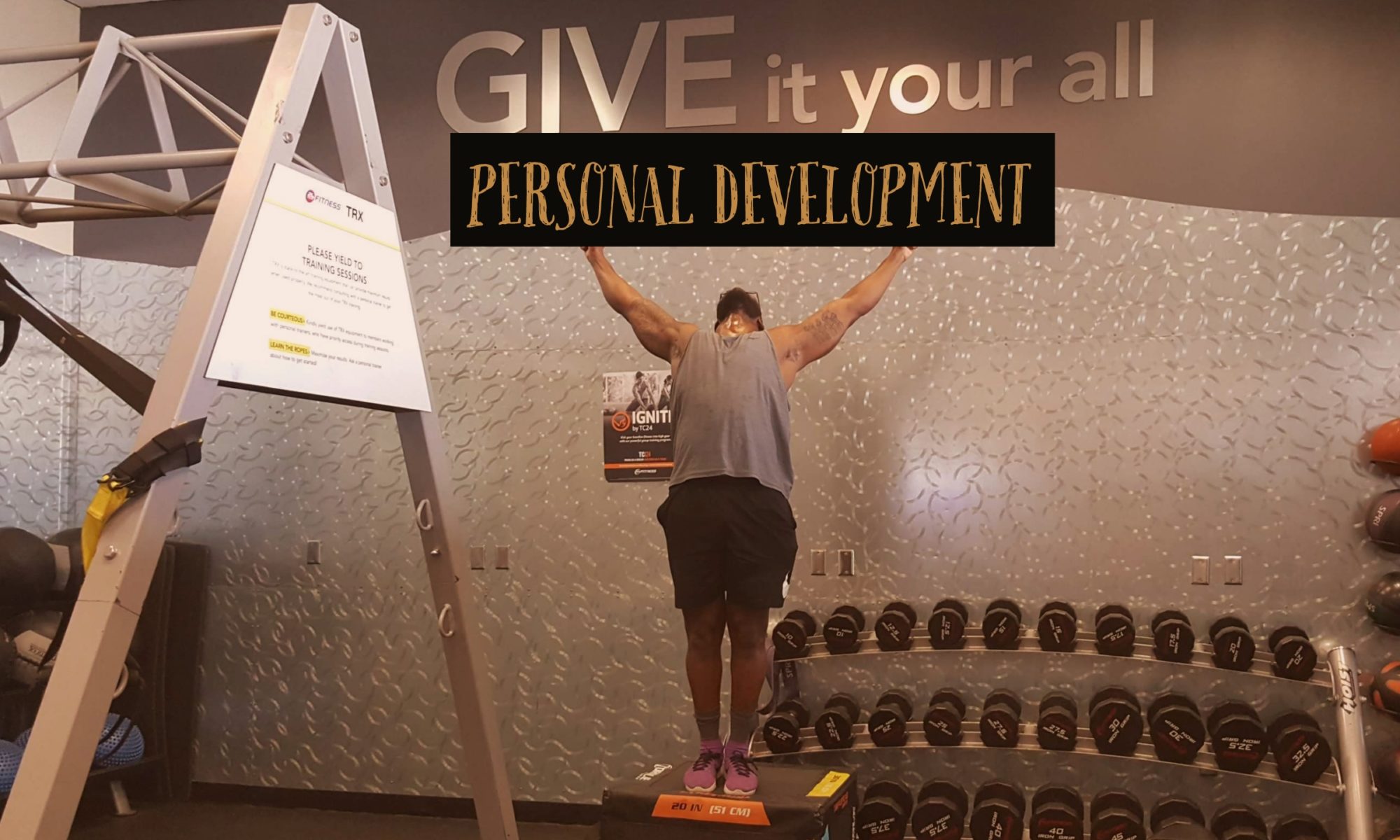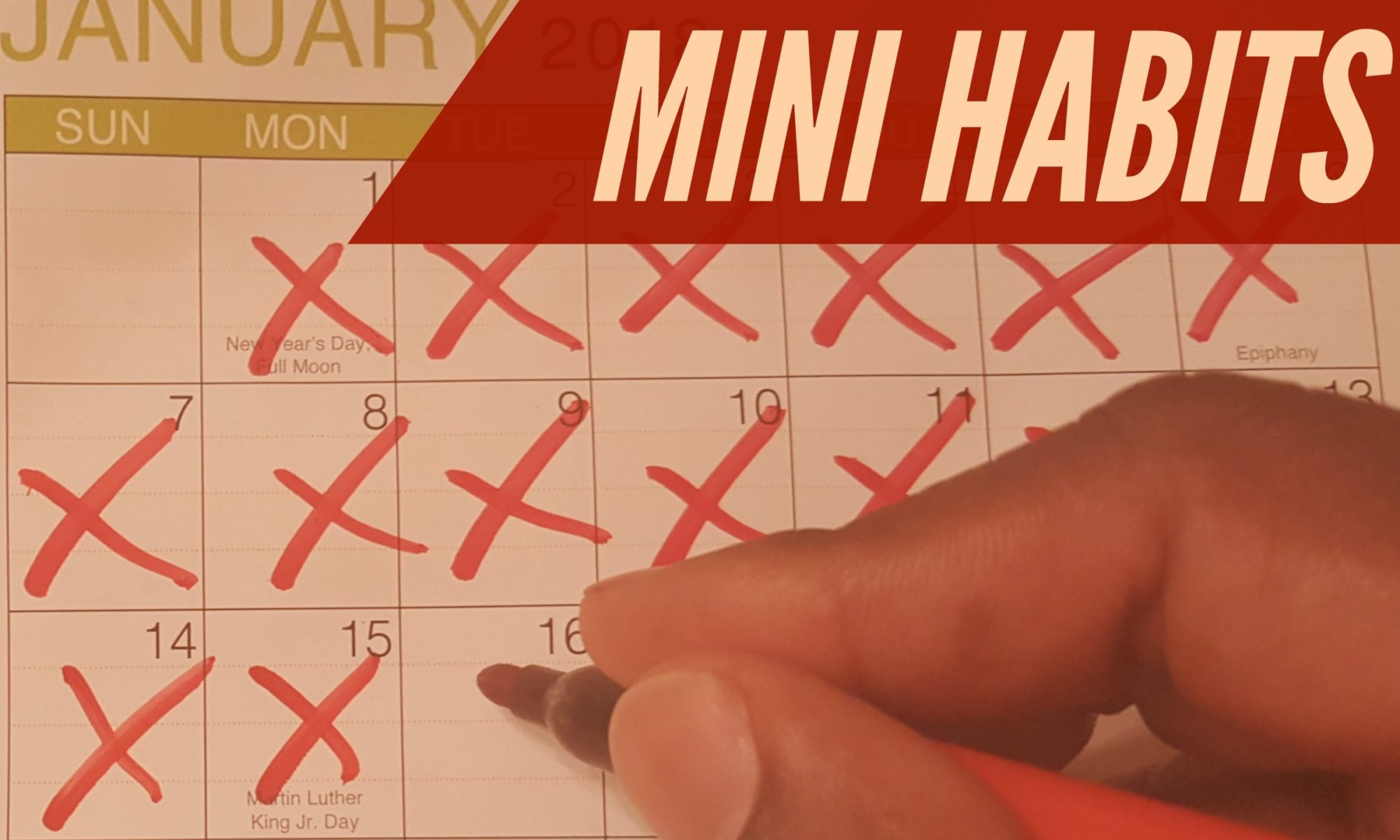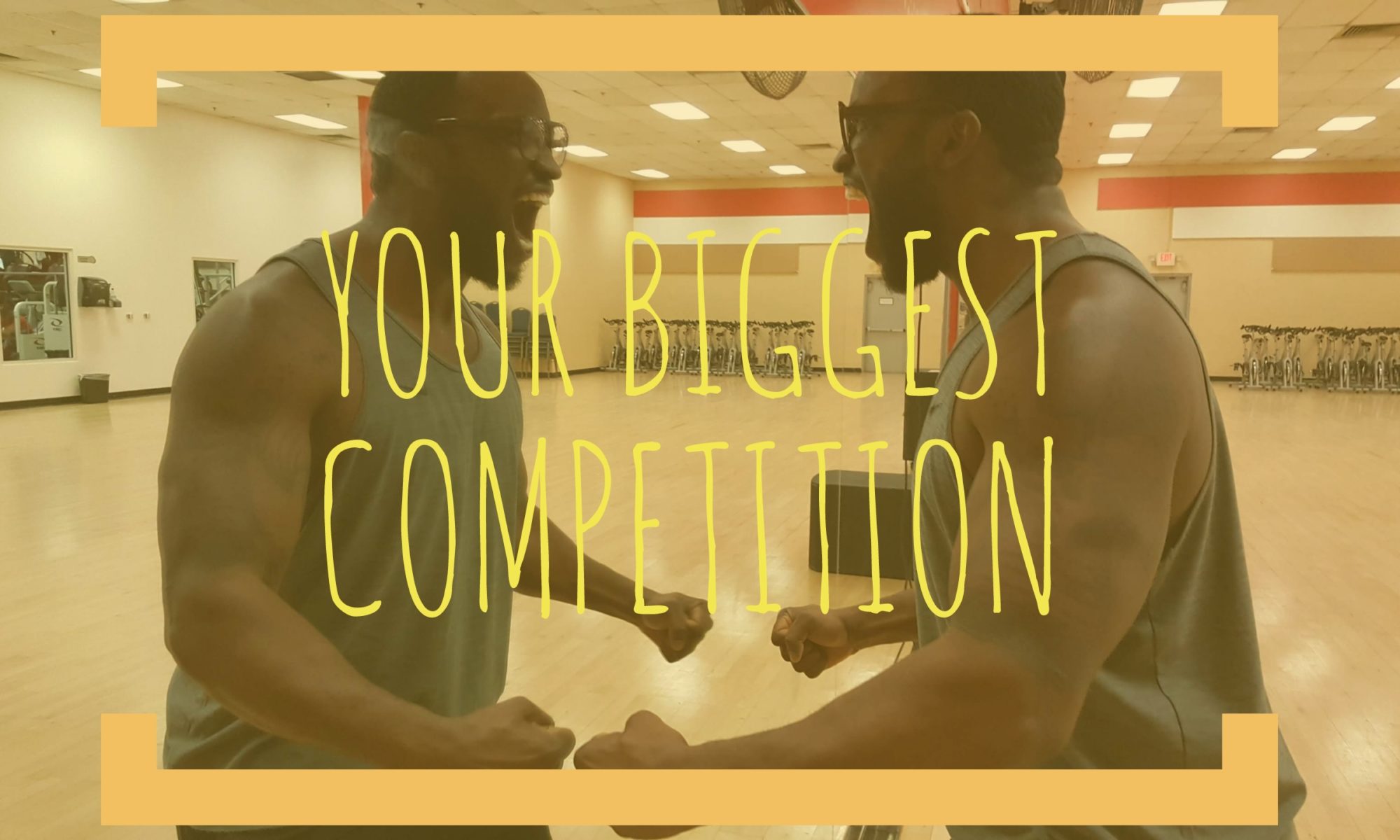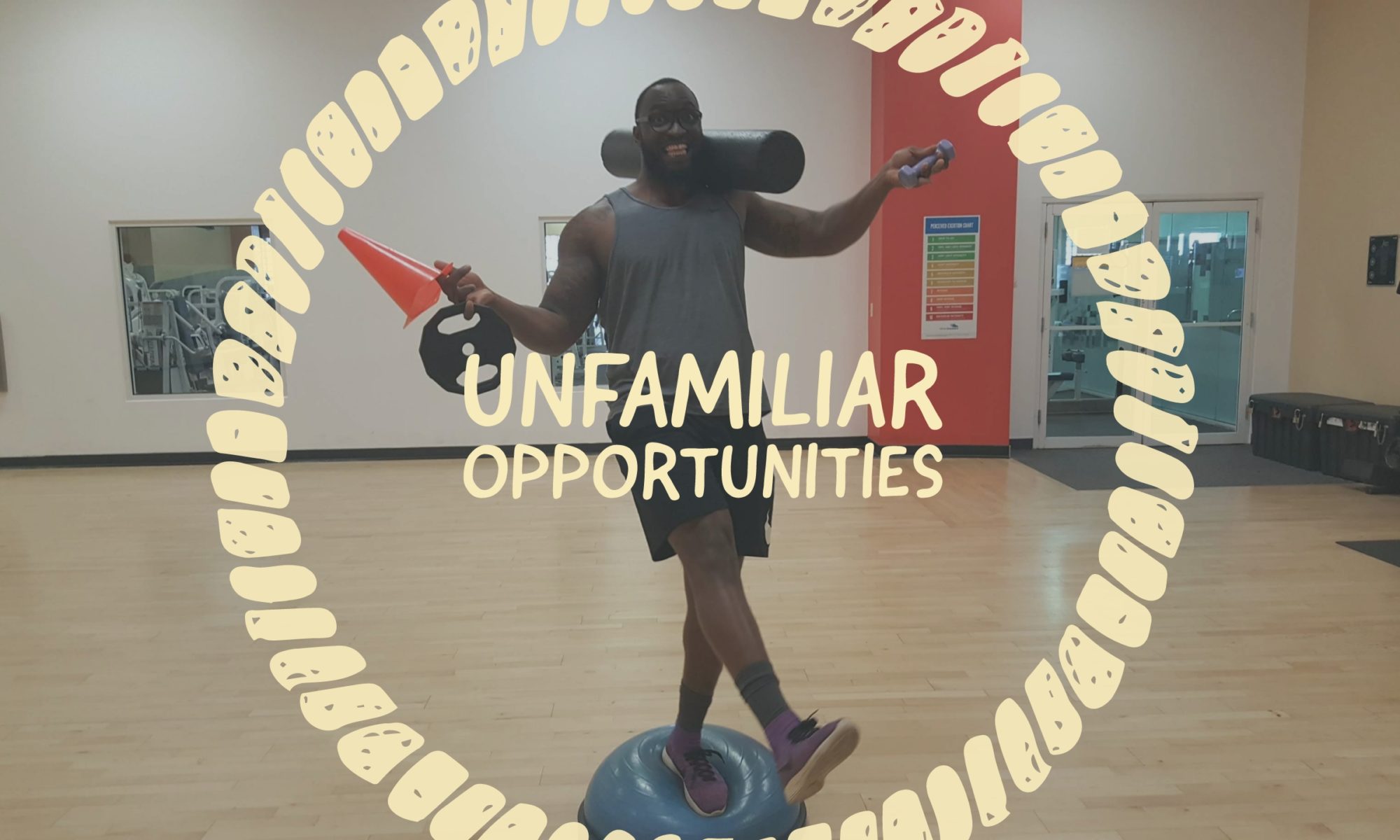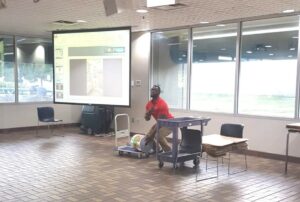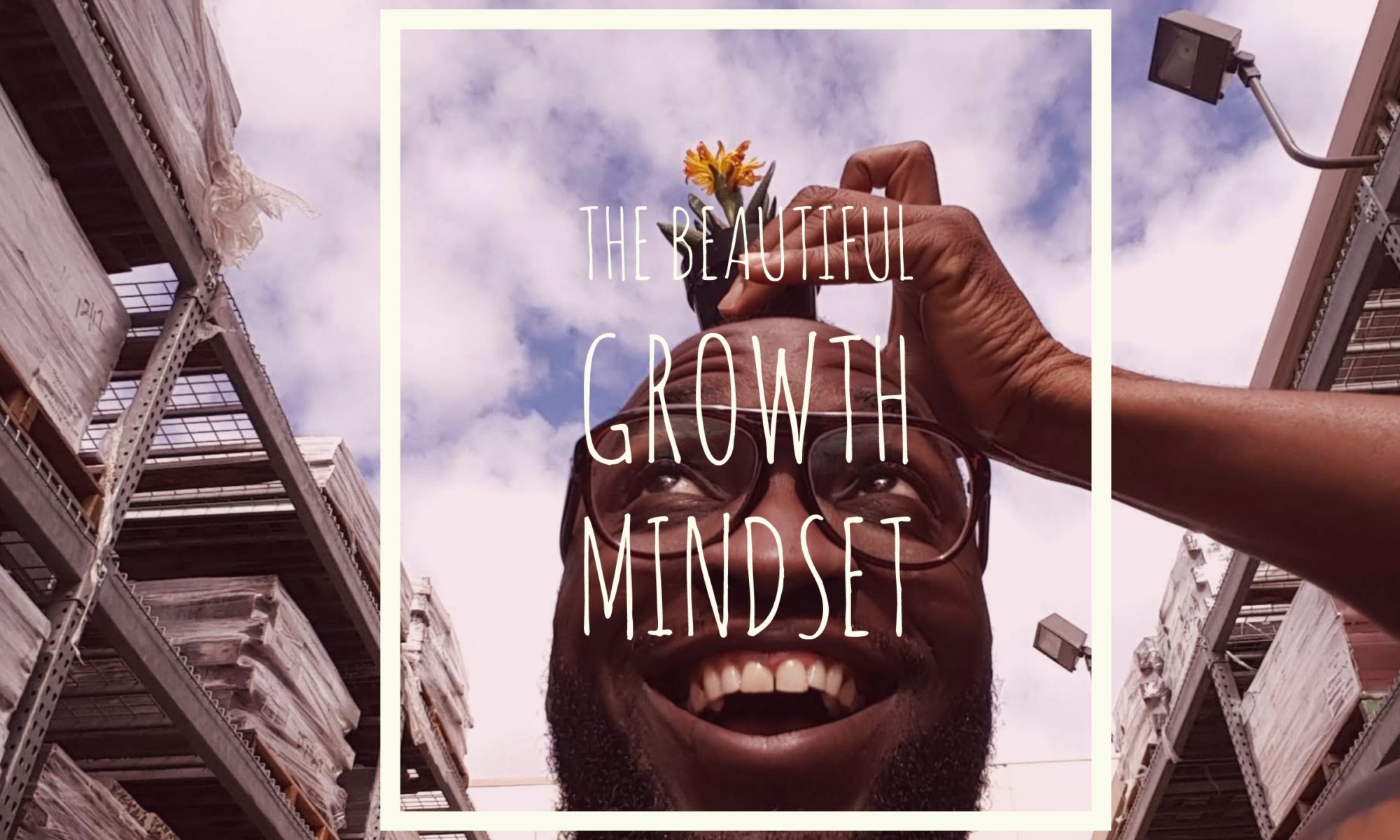After graduating college in 2011, I landed a job in a different city where I had no friends or relatives. I quickly found myself bored with tons of free time on my hands. It wasn’t long before I decided that starting a gym membership was a great opportunity to be around other people.
Yep, you read that right – my initial motivation for starting a gym membership was to get out of the house and meet people. However, it’s the personal development I’ve gained through exercise that keeps me going, seven years later.

For example, I’ve always been an organized person but it wasn’t until I got involved with habit-based exercise that I developed traits such as discipline. As a result I started gaining more and more self-confidence as my body began to change. Results led to more confidence, and that confidence ultimately led to more self-discipline!
The confidence and discipline I gained from working out started translating into other areas of my life as well.
What about you? Perhaps you’ve been working out consistently for a while now and have also experienced similar personal development as well. As a personal trainer, I can attest to witnessing the following growth characteristics in many of my clients, regardless of age or gender:
- self-confidence
- optimistic outlook of the future
- charisma
- charm
- less self-awareness
- increased self-respect
- discipline and organization
- autonomy

As you advance in your exercise journey you’ll begin noticing different personal development traits such as these. Ultimately, my desire for you is to develop these traits through consistent exercise so that they develop into other areas of your life. This is where exercise meets daily life!
Choose to make a long-term investment in yourself through regular exercise, today.
Your future self will thank you 🙂
Key Takeaways:
- Personal development from regular exercise keep you going
- Fundamental characteristics from routine exercise translate into other areas of your life
- Invest in yourself through regular exercise

